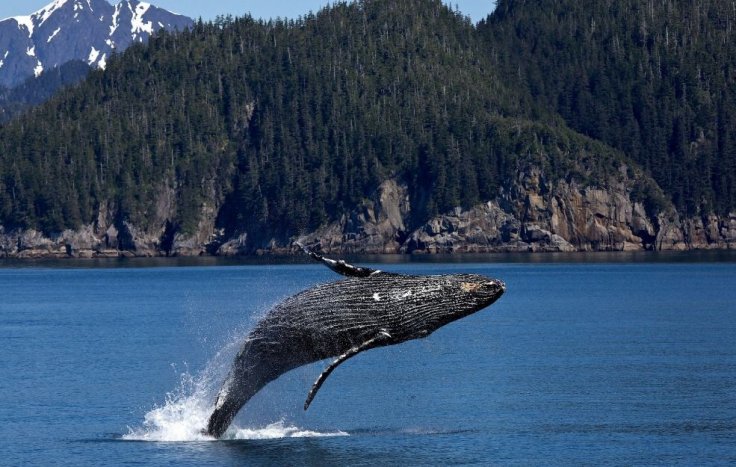On a general 'live and let live' principle, one shouldn't want to see any life form having cancer. However, there's a learning experience here, when we look at dolphins, whales and porpoises and see them battling cancer better than humans. For a while, scientists have been looking for the reason behind it and now we might be closer to an answer.
Aquatic mammals or cetaceans, if you will, have quite a long life; some even manage to celebrate their Two-Big-Os and look forward to their 201st. This is a little bit of a paradox because most of them are humongous compared to human bodies and that loosely translates to – they have more cells than we do.
What Does That Have to do With Cancer?

Well, as Daniela Tejada-Martinez at the Austral University of Chile puts it: "If you have more cells, that means that the risk that one of those cells... becomes cancerous increases." Therefore, if you are big or live longer, you have thousands and millions of cells that could become harmful. Instead, here it is the opposite, they don't have "higher" rates of cancer instead they have "lower" rates of the same compared to most mammals out there and us humans too. This phenomenon has been dubbed as Peto's paradox, reported NewScientist.
Vincent Lynch at the University at Buffalo, New York, says that there is a joke among the research community that given the size and cancer factor, some quite crudely point out: "Whales should be born with cancer and not even be able to exist because they're just too big." However, he fails to offer deep insight and point's that it might just be the obvious. "They just evolved better cancer protection mechanisms," said Lynch.
Then again, if that's the case then the question remains why did they all of a sudden develop one, and more importantly; how did they manage to do that?
Tejada-Martinez and her teammates have rummaged through the evolution cycle of 1077 tumour suppressor genes or TSGs. They have charted the growth of this genes in 15 mammalian species, out of which seven belonged to cetacean bracket.

What they discovered was the genes controlling DNA damage, spread of tumor and the immune system were selected favorably in the seven species cetacean bracket. More importantly, their research led to the discovery that these aquatic mammals were able to gain and lose tumor suppressor genes 2.4 times higher compared to their other subjects.
So, What's the Silver Lining Here?
Well, this obviously won't translate into us having whale genes in our body and voila! We are cancer resistant. However, as Lynch puts it: "if you can find the genes that play a role in tumor suppression in other animals, and if you could figure out what they're doing, maybe you can make a drug that mimics that for human treatment."









